Just completed a very useful little tool that is fairly easy to machine and involves both milling and turning operations. The design for this tool came from Guy Lautard’s, “Machinist Bedside Reader”.
The tool presented here has a couple of very small differences from the original design which are additional measuring rods with knurled knobs for ease of handling and is slightly larger overall.
Materials used were 1018 CRS Rod, 1/8” Drill Rod and some 360 Brass Rod.
The device is primarily used to measure the depth of blind holes and minimize moving the knee of the mill up and down to measure the hole depth with more traditional measuring tools. I’m sure this tool could be applied to other applications as well.
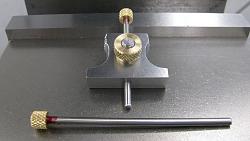


 LinkBack URL
LinkBack URL About LinkBacks
About LinkBacks
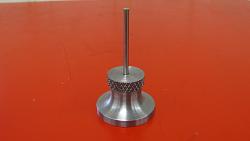
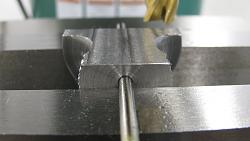
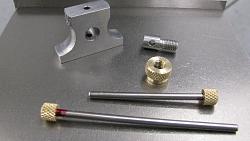


 Reply With Quote
Reply With Quote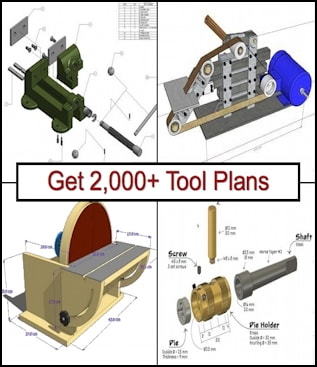
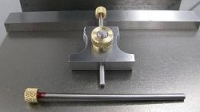


Bookmarks